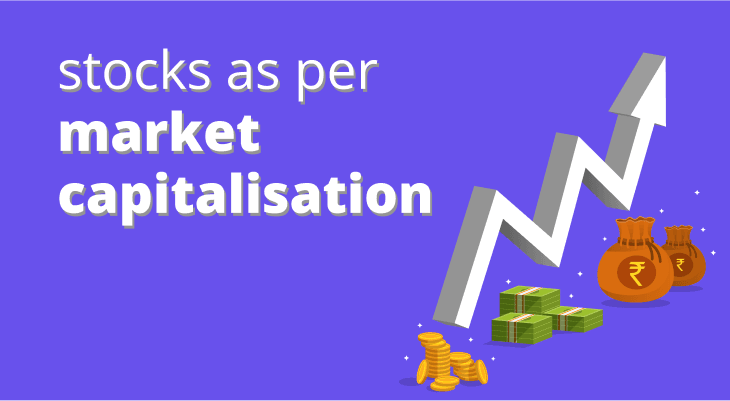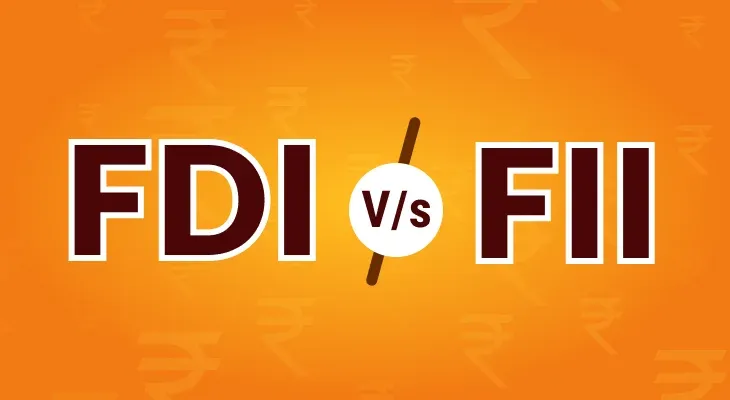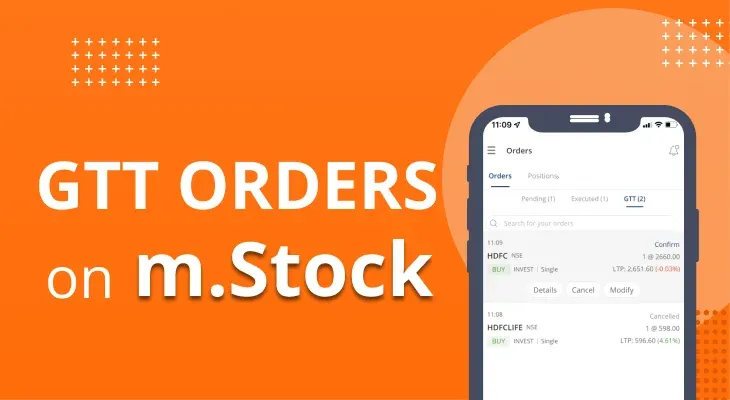
What is a Futures Contract? Meaning, Features & Advantages
A futures contract represents a legal and binding agreement between two parties, to purchase or sell an asset, determined in the contract, at a definite price on a fixed date in the future. The asset could be anything from a stock to a commodity, or currency. Contracts that fall into the basket of futures contracts are standardised for both quantity and quality. Trading in these contracts is conducted on a futures exchange with buyers making commitments to buy an asset by an expiry date, and sellers agreeing to deliver an asset on an expiry date. In case you wish to delve into this form of trading assets, you must know some basics like what contracts entail, their features, and some key perks and cons of this kind of trading. Let’s get down to the business of futures contracts then!
What is a Futures Contract?
Simply put, futures contracts are nothing more than legal agreements or contracts made between parties. One futures contract involves two parties, one that agrees to buy an asset, and the other that agrees to sell or deliver the asset. According to the terms of the contract, the asset, its quality, its quantity, and its price are all predetermined and the contract is upheld, no matter what market conditions prevail at the time it has to be exercised. A key element of a futures contract is that, along with all other factors and aspects being fixed in advance, the date for execution of the contract (date of expiry) is also predetermined.
The aim of parties entering futures contracts is to secure their assets, without any regard for market volatility, as terms and conditions are determined in advance, but the contract may be carried out in the future. This may sound simple, but it is more complicated than that. In a futures contract, hedgers usually seek protection against volatility in prices in the future. Instead of focusing on just profits from a transaction, they would rather secure the price of their assets. Consequently, it is a given that any gains or losses that result from a sale are mainly offset by the price of the underlying assets.
In terms of speculators, they almost always tend to trade against differing market trends. For them, futures contracts meaning translate to investing in contracts when they predict they can sell them for profits when the prices of assets rise. However, such transactions must be undertaken before the date of expiry of any futures contract.
Key Features of a Futures Contract
Futures contracts trading, by and of itself, is a game that yields a zero-sum. All it does, at its core, is ensure that asset prices in the market are not affected by any market conditions. As a result, such contracts rein in prices and offer protection against any swings in price that investors may not be able to predict. It can be a fruitful way to invest, and getting it right means knowing about some of its key features, mentioned here:
Standardised Legal Agreement: Futures contracts are standardised and legal contracts/agreements entered into by parties. Contracts stipulate the buying or selling of underlying assets at a fixed price on a future set date. The asset is standardised for quality and quantity, besides the price and date of execution of the contract.
Special Exchanges: One of the advantages of futures contracts is that they are traded on futures exchanges which are regulated for price realisation and transparency. For trading, prices in real-time are always available, and fair market pricing is the objective here. This is a key feature that appeals to investors. Moreover, trading on specific exchanges provides liquidity.
Diverse Classes of Assets: Investors can avail of futures contracts in a variety of assets from stocks and currency to commodities. Financial indices can also be traded.
Leverage: A significant amount of leverage is offered by futures trading, permitting traders to manage a substantial asset position with a relatively minimal level of funds.
Risk Control: Futures contracts are a potentially strategic way to hedge risks against price shifts of the underlying asset.
Trading on a Margin: To trade in futures contracts, traders are required to deposit a margin and see that they maintain a margin with a broker, as this is collateral if trades go the wrong way.
Mark-to-Market: Positions in this kind of trading are settled on a daily basis, and profits and losses are calculated daily.
Date of Expiry: Every futures contract comes with its distinct date of expiry by which the transaction must be exercised. In case it is not exercised, the contract is rolled over to a fresh futures contract.
Delivery Settlement or Cash Settlement: Depending on the nature of the futures contract, any settlement may be the physical delivery of the asset in question, or a cash settlement according to the difference in price.
Pros & Cons of Futures Trading
The answer to the question, “What is a futures contract?” must be clear to you by now. To make informed decisions about whether to invest in futures contracts, you should be aware of pros and cons, as listed below:
Pros
With futures contracts, investors have the ability to work with the futures prices related to the underlying asset price in the markets.
Traders and investors employ futures contracts to hedge against prospective drops in prices in the future.
By making the most of trading on a margin, investors have the opportunity to enter trades that may not have been possible had their funds been limited.
Cons
In case the price of an asset swings in the direction opposing what the contract has estimated, losses may occur. Thus, speculators stand a chance of losing their initial margins.
Investors may lose out on potential higher profits in case they have fixed the futures contract price lower than that prevailing at the time of exercising the contract (at the date of expiry).
Conclusion
Futures contracts play a vital role in the investment and financial universe. They offer investors a way to control risk and facilitate the discovery of price over a variety of asset classes. Futures contracts are standardised agreements and are traded and transacted on systematic exchanges, providing investors with a regulated and transparent platform to trade. While futures offer several perks to investors, including liquidity and leverage, they possess internal risks like volatility of prices as well as margin calls. Consequently, investors and business entities seeking investment in these financial avenues must approach them with a strategy that is well-planned and backed by rigorous research. Investors must grasp the challenges and the opportunities that futures contracts present if they are to meet their financial goals with mitigated risk.
FAQ
What is a futures contract?
A futures contract is a binding and legal contract (an agreement) between two parties, to purchase or sell a particular asset, commodity, or security at a specific piece at a fixed date in the future. In the financial markets, a futures contract is employed for speculative purposes and for hedging risk.
Are there different types of futures contracts? If so, what are they?
There are mainly four different types of futures contracts. They are classified as financial futures, commodity futures, currency futures, and index futures. These contracts or agreements cover a wide range of underlying assets (determined by the specific futures contract), spanning physical commodities, to indices, and financial instruments.
What is a good example of a futures contract?
An example of a futures contract is an agreement two parties enter to purchase 200 barrels of oil at ₹4,000 per barrel, with delivery to be taken in 3 months. The purchaser and the seller lock in the specific price today, irrespective of any potential market volatility in the future.


